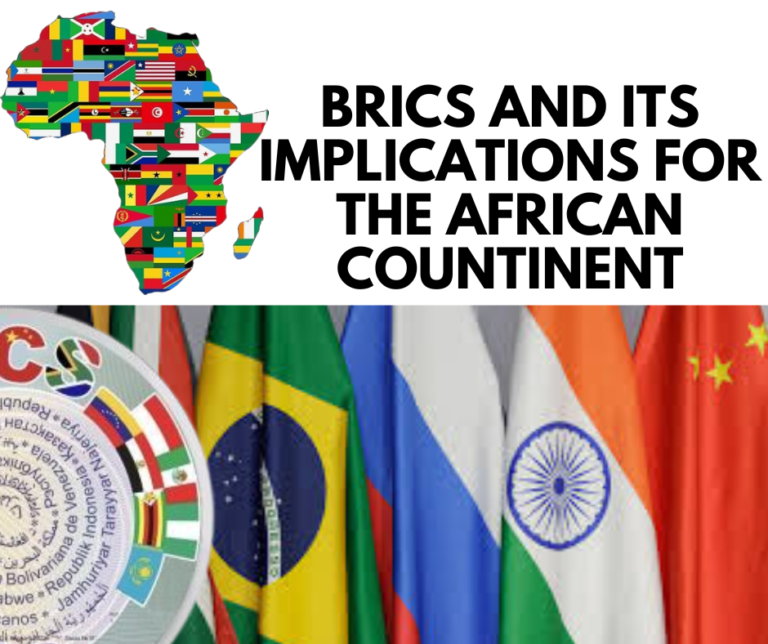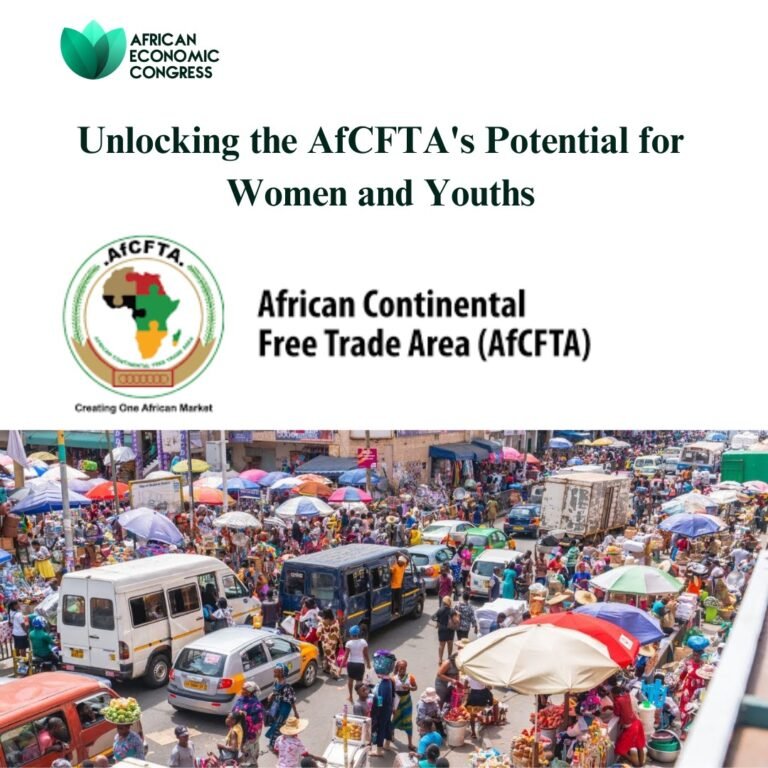As the world increasingly turns to space for solutions to challenges on Earth, Africa is stepping into the cosmic arena with ambitious space initiatives. Traditionally not associated with space exploration, the continent is making remarkable progress, signalling a transformative shift in its technological landscape. From telecommunications to environmental monitoring, the African space mission is poised to redefine the future of technology and development across the continent.
Why Space? The Significance of Africa’s Space Mission
Space programs have traditionally been dominated by nations with extensive resources and advanced technological infrastructure. For Africa, engaging in space exploration is not just about competing on a global stage; it is about leveraging space technology to address pressing challenges and support sustainable development. Africa’s space mission prioritizes practical applications, including satellite communication, weather forecasting, natural resource management, and disaster response, all aimed at improving the quality of life on the continent.
Key Players in the African Space Mission
Several African countries are taking significant steps in space exploration, each contributing to a collective vision of technological progress.
Nigeria
Nigeria has been a pioneer in African space technology. Through its National Space Research and Development Agency (NASRDA), the country launched its first satellites in 2023, supporting telecommunications, disaster monitoring, and security. Nigeria’s investments in space technology underscore its ambition to be a leader in technological advancement in the region.
South Africa
South Africa, with its South African National Space Agency (SANSA), is a prominent force in Africa’s space mission. The country is actively involved in space-based scientific research and is home to one of the primary control centres for the Square Kilometre Array (SKA) telescope, the largest radio telescope project in the world. This involvement positions South Africa and the continent as key contributors to global scientific research.
Egypt
Egypt is another leader in Africa’s space exploration efforts. The Egyptian Space Agency, established in 2019, has launched satellites aimed at economic development and scientific research. Egypt focuses on applications such as urban planning, agriculture, and climate monitoring, addressing immediate needs while laying the groundwork for long-term space initiatives.
Ethiopia
Ethiopia’s space efforts began with the launch of its first satellite, ETRSS-1, in 2019. This satellite monitors climate and weather patterns, aiding agriculture and disaster management. Ethiopia’s growing commitment to space technology supports its resilience to climate change and its broader development goals.
The African Space Agency
Recognizing the potential of a united African approach to space technology, the African Union established the African Space Agency (AfSA) in 2019, headquartered in Cairo. AfSA coordinates space activities across the continent, optimizes resource allocation, and promotes collaboration among member states. This unified effort enhances Africa’s presence in the global space industry, enabling shared costs, local talent development, and cross-border research initiatives.
AfSA also aims to advance space education, inspiring the next generation of African scientists and engineers and empowering young Africans to lead the continent’s space endeavours.
Challenges Ahead
Despite its potential, Africa’s space mission faces significant challenges. Developing space capabilities requires substantial investment in infrastructure, human resources, and regulatory frameworks. Many African nations lack the financial capacity to independently fund their space programs, and there is a shortage of skilled professionals in science, technology, engineering, and mathematics (STEM). Additional concerns include data security and fostering effective regional cooperation.
Addressing these challenges necessitates partnerships with international space agencies, private companies, and academic institutions. Collaborating with experienced players in the global space industry will also be crucial.
A Vision for the Future
As Africa reaches for the stars, it is not only expanding its technological frontiers but also redefining its role in the world. The African space mission showcases the continent’s potential, determination, and aspirations for a future driven by homegrown innovation. Though the journey is challenging, the rewards promise a new era of technological and economic development, positioning Africa as a formidable player in the global space economy.










